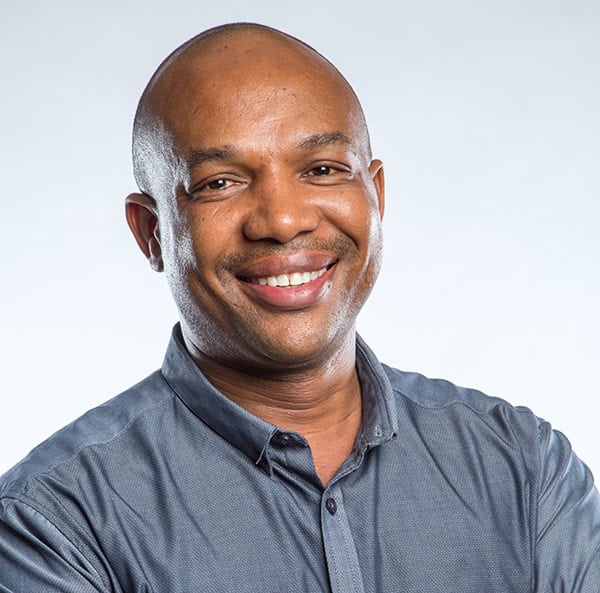By Diane Silcock
THE Water Institute of Southern Africa’s (WISA) Biennial 2024 Conference took place in Durban in June 2024. Professionals and thought leaders in the water space came together to collaborate and provide valuable insights and innovative solutions, to help steer the progress towards the achievement of SDG2030.
Chairing the ‘Conventional water sources: groundwater and surface water’ session was CSIR research group leader for smart water use, Dr Harrison Pienaar. In an interview following the conference he provides an encouraging viewpoint regarding water challenges in South Africa. He believes that getting the basics right, public and private sector collaboration, involving stakeholders from early stages of planning, sharing knowledge and best practices, building trust, establishing an online water monitoring system, and helping citizens to realise the value of water, are all critical.
“A fundamental shift is necessary in our approach to water and sanitation,” says Dr Pienaar. “There are three pillars that stood out from the conference: collaboration, performance improvement, and robust accountability. We structured our discussions around these pillars with the idea to bring together institutions and professionals to discuss and showcase how we can improve our water management systems. I am quite pleased with the outcome of the conference as it confirmed that collaboration is absolutely key to addressing fragmented governance arrangements with water management being spread across various entities.”
At WISA, the minister of water and sanitation launched the formation and establishment of four catchment management agencies (CMA’s). “The beauty of catchment management agencies,” says Dr Pienaar, “is that water is managed from a national, regional and local perspective, but by one agency. CMA’s are not only water resource specialists but have engineering and environmental capabilities, and are also experts in other sectors, such as agriculture and energy.”
The CSIR’s research group concerns itself with providing systemic support in regard to smart water use in the different sectors, looking at interventions like water conservation and demand management as well as providing R&D and innovation support towards improving the country’s water quality.
Dr Pienaar explains that whilst technological innovation is a business enabler to achieve improvement in service delivery and efficiency, it is equally important to provide operational, management, and technical support in the industry, to get the basics right, as that will help develop an appetite for the uptake of new technologies.
“Data-driven decision making should become the norm coupled with continuous improvement in technologies and methodologies to optimise water treatment and distribution.”
Water sources can only be managed effectively when the availability and quality can be determined. This is where collection of quality data over a consistent period of time, is key.
Dr Pienaar says that if data collected from multiple institutions could be fed into a national centralised data repository – an open and transparent platform – it would guide water management decision making especially considering water is a catalyst for development in other sectors. This is the kind of support that the CSIR can offer government by providing the different sectors with technical and strategic solutions and responses to the issues they are confronted with. The CSIR’s centre for high-performance computing, that sets it apart on the continent, can store large amounts of very complex data including handle data interfacing.
“Our multidisciplinary approach at the CSIR is our unique value proposition in how we manage to get things done in the most structured way, collaborating with others and sharing best practices and knowledge. No one single institution knows it all when it comes to any problem in any sector, so we have to collaborate, it’s very important,” concludes Dr Pienaar.
